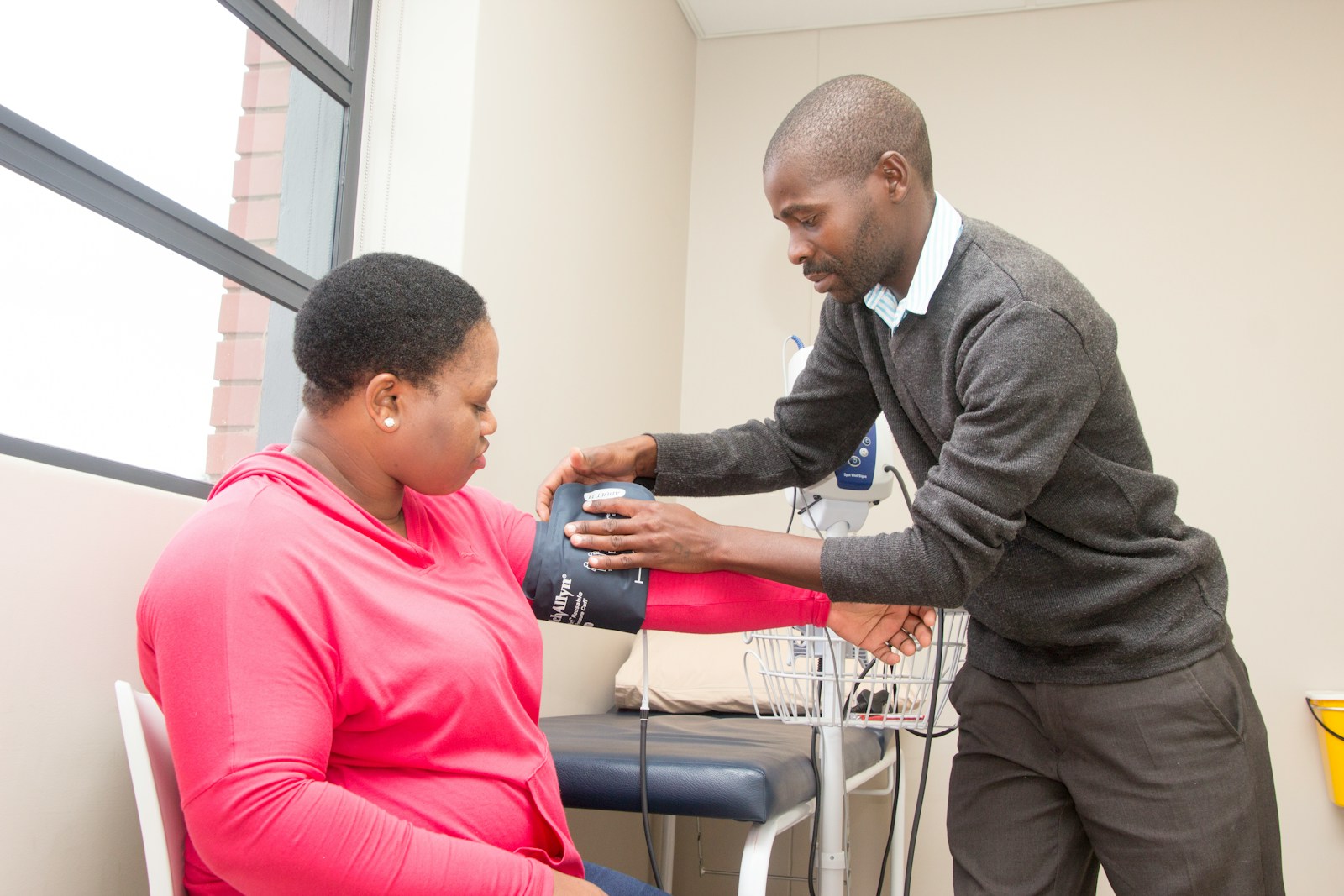In a world where technology is constantly evolving, the healthcare sector has not been left behind. This article delves into how technology has revolutionized patient care through the use of electronic patient registries and efficient data management systems.
Whether you're merely curious or deeply invested in understanding the mechanisms of modern healthcare, this piece aims to enlighten you on the significant strides made in bettering patient outcomes through technological advancement. From electronic patient registries to the detailed registry of patient registries, we cover the landscape of how data is transforming care. Prepare to explore insights into registries for evaluating patient outcomes and peruse through a comprehensible list of patient registries that mark the milestones in healthcare's digital journey.
Exploring the Landscape: The Role of Electronic Patient Registries in Modern Healthcare

In today's rapidly evolving healthcare environment, electronic patient registries have emerged as a cornerstone for enhancing care quality and outcomes. By systematically collecting data related to specific diseases, conditions, or exposures, these digital platforms offer a treasure trove of actionable insights.
They enable healthcare professionals to track patient progress, understand disease patterns, and identify effective treatments more efficiently than ever before. Beyond individual patient care, these registries serve a larger purpose in public health by facilitating epidemiological studies and clinical research, thus paving the way for evidence-based practices and policies.
By harnessing the power of electronic patient registries, the healthcare sector is not only improving the precision and personalization of care but is also making significant strides towards more informed and effective healthcare systems worldwide.
The Comprehensive Guide to the Registry of Patient Registries
The Registry of Patient Registries (RoPR) serves as a centralized hub, designed to enhance accessibility and visibility of various patient registries across the healthcare system. Imagine it as a library that doesn’t just hold books but holds entire collections, each dedicated to different aspects of patient care and research.
This powerful resource supports healthcare professionals, researchers, and policymakers by providing detailed information about existing registries, including their purpose, scope, and contributions to medical knowledge.
The RoPR facilitates the sharing of methodologies, fosters collaborations, and helps avoid duplication of efforts in the collection of patient data across different health conditions. Additionally, for stakeholders intending to develop new registries, the RoPR offers invaluable guidance on best practices, thus ensuring the creation of robust tools that can significantly impact patient outcomes. By promoting transparency and cooperation, the RoPR exemplifies the collaborative spirit necessary for advancing healthcare in the digital age.
Improving Health Outcomes: How Registries Evaluate and Transform Patient Care
Registries for evaluating patient outcomes are not just data repositories; they are dynamic tools that offer a panoramic view of patient care efficacy across diverse settings. These registries meticulously gather and analyze data on treatment responses, survival rates, and quality of life metrics, providing a feedback loop that informs and enhances clinical practice.

For healthcare providers, this translates into the ability to scrutinize the effectiveness of different treatment modalities and make evidence-based adjustments that align more closely with patient needs.
Meanwhile, patients benefit from care that is continuously refined and personalized, grounded in a wealth of accumulated knowledge. Such registries also play a pivotal role in identifying gaps in care, pointing researchers toward areas ripe for innovation.
Equipping medical professionals with this comprehensive, analysis-driven perspective, registries for evaluating patient outcomes are instrumental in driving forward the mission of patient-centered care, ensuring that every treatment decision is backed by data and every patient's journey is as informed as possible.
A Closer Look at Patient Data: How Effective Management Is Pioneering Change
Efficient data management in healthcare is revolutionizing how patient care is administered, offering an unprecedented window into individual and population health. The essence of this transformation lies in the structured collection, analysis, and sharing of health information. Through advanced data management systems, healthcare providers can access real-time patient histories, monitor ongoing treatments, and predict future healthcare needs with greater accuracy.
This strategic approach not only streamlines operational efficiencies but also significantly enhances patient safety by reducing medication errors and improving diagnostic accuracy.
Moreover, effective data management fosters a more personalized healthcare experience by enabling providers to tailor treatments to individual patient profiles. The culmination of these efforts is a healthcare landscape marked by increased patient satisfaction, reduced costs, and overall better health outcomes, embodying a future where data empowers decisions and patient care is maximally optimized.
Unveiling the List: An Overview of Major Patient Registries

Patient registries, by their very design, offer a lens through which the medical community can observe and understand the multifaceted nature of healthcare. The list of patient registries encompasses a wide array of focuses, from rare diseases to common chronic conditions, each serving as a critical resource for improving patient outcomes.
Among these, registries like the National Cancer Institute’s SEER program and the CDC’s National Diabetes Prevention Program stand out for their far-reaching impact on disease understanding and treatment strategies. These registries enable healthcare providers and researchers to track the effectiveness of interventions, understand disease progression, and identify factors that contribute to health disparities.
By facilitating targeted research, encouraging patient participation, and guiding policy development, these registries play a pivotal role in shaping a future where every patient has the opportunity to receive care that is informed, effective, and equitable. Through the collective knowledge amassed within these registries, the healthcare community is better equipped to confront challenges and turn data-driven insights into actionable healthcare solutions.